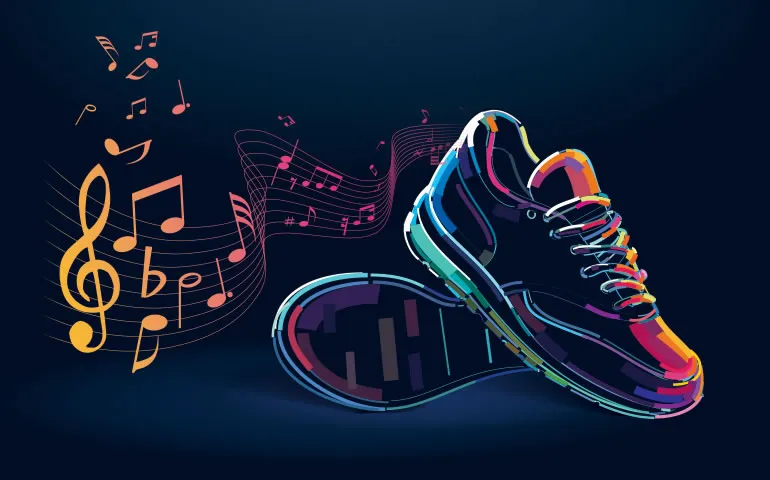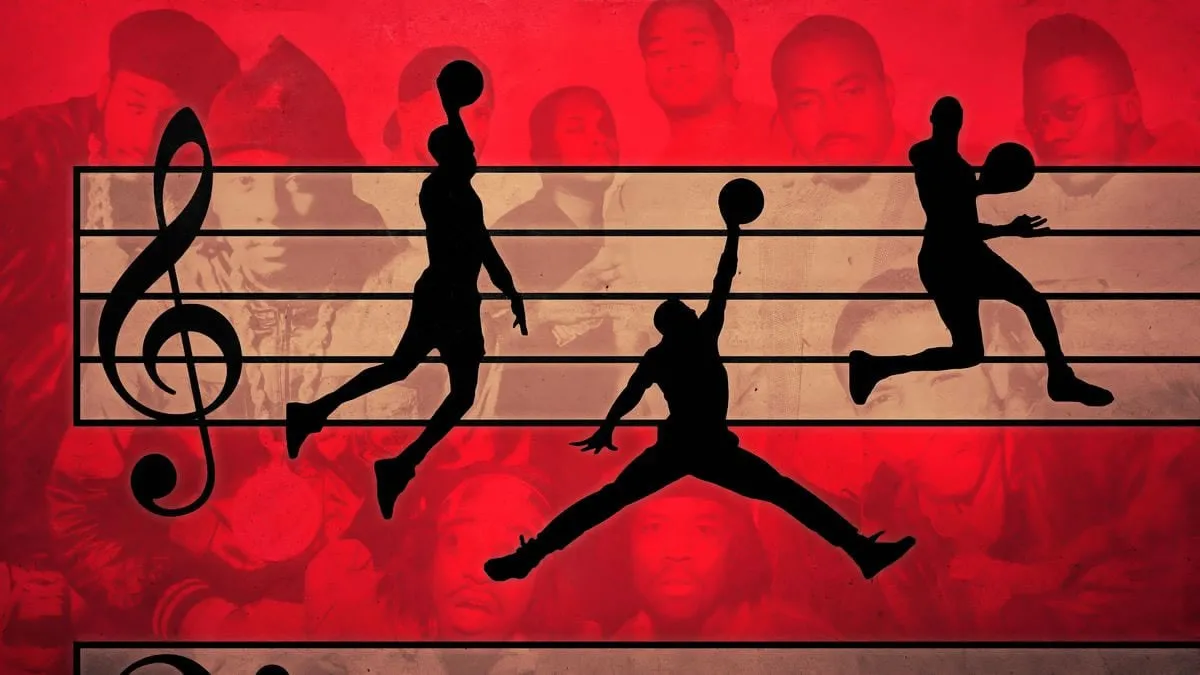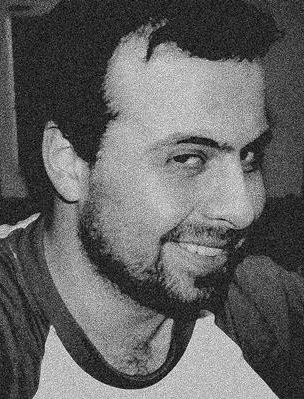
Setting the Stage
Imagine the silence broken by the opening riff of "Eye of the Tiger" before a big boxing match. The lyrics instantly ignite the fire of competition, urging fighters to "rise up" and become champions. This phenomenon highlights the ability of music to hype athletes and audiences, setting the stage for peak performance and shared excitement. Songs like "Jump Around" or "Seven Nation Army" create a collective energy in stadiums, fueling adrenaline and fostering a sense of unity among fans.
Beyond Just Hype
While hype remains a key element, song lyrics can also delve deeper, exploring the emotional rollercoaster of athletic journeys. Imagine a runner pushing through exhaustion during a marathon, fueled by the introspective lyrics of "Lose Yourself" urging them to "grab second chances." Powerful ballads like "The Boxer" or "Hurt" capture the struggles, sacrifices, and vulnerabilities of athletes, resonating with their inner battles and reminding them they're not alone.
Storytelling Through Song
Sports are rich in narratives of triumphs and heartbreak, comebacks and defeats. Song lyrics become powerful tools for capturing these stories, immortalizing legendary moments and athletes. "The Gambler" tells the tale of Kenny Rogers' daring baseball bet, where you can experience at http://1xbet-ar.biz/, while "Rocky" narrates the underdog boxer's journey to victory. These songs don't just entertain; they become cultural touchstones, reminding us of the human spirit's potential and the beauty of sports narratives.

Bridging Cultures
Sports transcend nationalities and languages, unifying people through shared passions. Song lyrics, even with language barriers, can bridge these gaps by capturing universal emotions. Chants like "Ole" or "Allez les Bleus" become rallying cries regardless of language, fostering a sense of belonging and shared celebration. Additionally, anthems like "We Are the Champions" resonate across cultures, celebrating victory and the human spirit's capacity for achievement.
Social Commentary and Protest
Beyond cheering and storytelling, song lyrics can be potent tools for social commentary and protest. Artists like John Carlos and Tommie Smith raised their fists in the 1968 Olympics while "The Star-Spangled Banner" played, sparking conversations about racial injustice. More recently, athletes like Colin Kaepernick have kneeled during national anthems, prompting discussions about police brutality and systemic inequalities. These moments, amplified by song lyrics, highlight the power of sports to challenge the status quo and spark social change.
Looking Ahead
As technology evolves, the relationship between sports and song lyrics continues to transform. Interactive music experiences in stadiums, personalized anthems for athletes, and AI-generated lyrics inspired by real-time game data are potential future developments. However, the core aspects of this connection – motivation, storytelling, and emotional resonance – are likely to remain constant.
Conclusion
The song as applied in sports does not just play in the background, it creates a tapestry that express all kind emotions like; love, hate, culture appreciation, social consciousness etc. The lyrics of songs are those elements which create (among other things) rivalry wildfire propagation substrates; exploration beasts' depth during athletic careers development process or simply great moments memorization. Along with transformation by sporting events so much good music also will be undergo allowing for performing powerful lyrics inside stadiums/arenas even after whistle stops blowing for last time.
































